In the year 2000, two best friends scientists in the field of human ageing took out a 150 year bet ( to expire in 2150). In the bet, the optimist of the two believed that by then humans will be routinely living up to 100 years with some reaching 150 years as against the routine 80 years and occasional 100s we see today. The other, not so optimist, believes the upper limit of routine human lives will be in the late 80s with the occasional century mark but never up to 150 years. Well the only sure thing about the bet is whoever wins, it is their great grandchildren that will be collecting the proceeds. (1)
But notwithstanding, this brings up a real and cheering fact that generally humans are expected to be living longer. A lot of this is due to advances in medical science which are addressing many of the ailments that show up later in life and also due to increased knowledge and awareness as to things we can do much earlier in life that could stem such ailments. Common to many of these knowledge breakthroughs is that the earlier in life some habits start especially in adolescence the greatest impact on health and the easier it becomes routine later in life.
Students and young adults can do well to start imbibing these simple habits like
Daily Physical Exercise:
It’s recommended that adults should have no less than 150 mins per week of moderate physical exercise which includes something as simple as brisk walking (2). Many students invariably catch this in the course of school and lectures on campus but tend to lose this once out of the environment. They must endeavour to continue in the same vein wherever they end up finding themselves anywhere in the world.
Nutritional Awareness:
Good eating habits are a must. While there are just too many of “eat this, not that” to start elaborating here, there’s always a simple golden rule to remember. 1:2:2: in every meal for every portion of carbohydrate (1) make sure you have twice as much protein (2) and twice as much vegetables (2). Always remember that by definition no food is poison ( even the dreaded fat or killer sugar), it is rather how much of it and how often it is ingested that can land us in trouble.
Minimal Alcohol Intake:
While much research abound on minor health benefits for mild to moderate alcohol intake , there’s still no consensus on the levels of intake. On the other hand there’s absolutely no negative to nil alcohol intake while from moderate drinking we start seeing deleterious effects on the health. Since some of these habits are picked up while in school, it’s a good time to make a life decision concerning a relationship with alcohol. Abstinence has all the benefits. (3)
Healthy Mental and Social Attitude:
We also need to build up a healthy attitude to challenges and situations that we will face in life. This inner reserve translated in many contemporary ways including Emotional Intelligence gives us a lifetime edge in our health. As the saying goes, “ If ( or When) life throws you lemons, make lemonade”. Life in its various forms will happen to us all but our attitude to these situations determines how much we are affected.
Students , looking critically, these habits are not too difficult or strenuous to imbibe.
References
Https://www.wsj.com/articles/is-100-the-new-life-expectancy-for-people-born-in-the-21st-century-11587041951
Physical Activity Guidelines, NHS UK


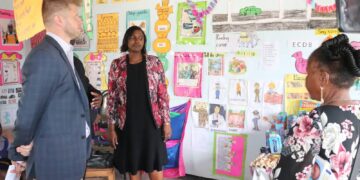

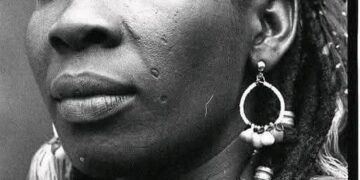
































































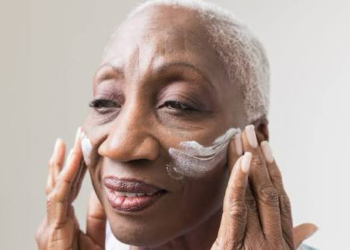
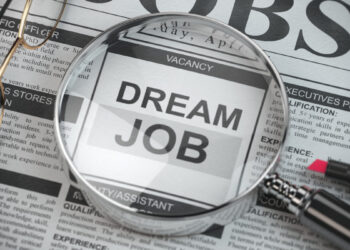
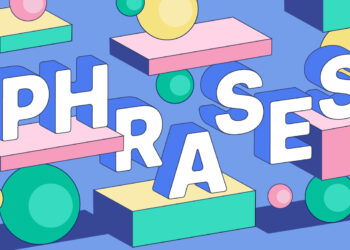










 EduTimes Africa, a product of Education Times Africa, is a magazine publication that aims to lend its support to close the yawning gap in Africa's educational development.
EduTimes Africa, a product of Education Times Africa, is a magazine publication that aims to lend its support to close the yawning gap in Africa's educational development.